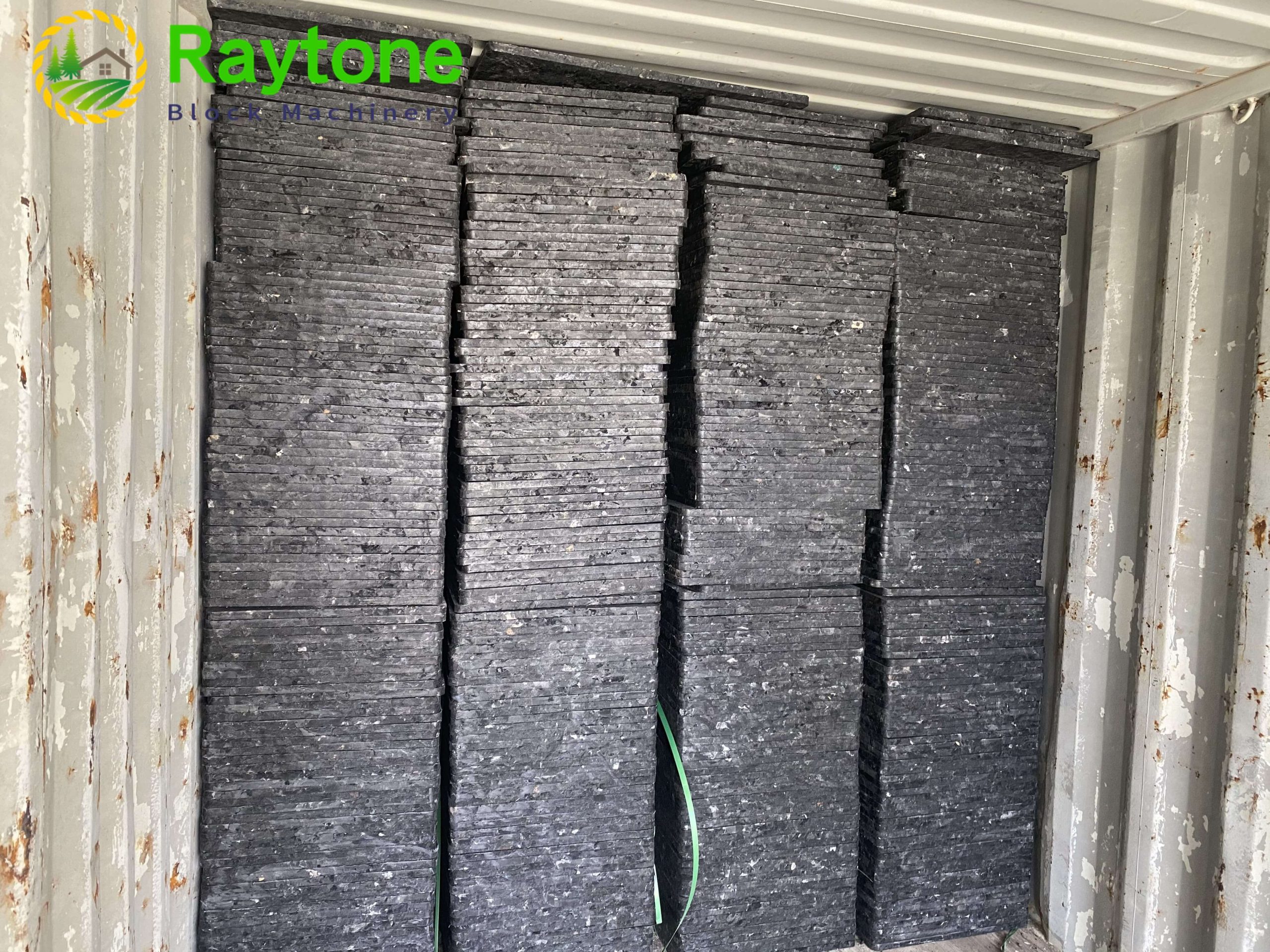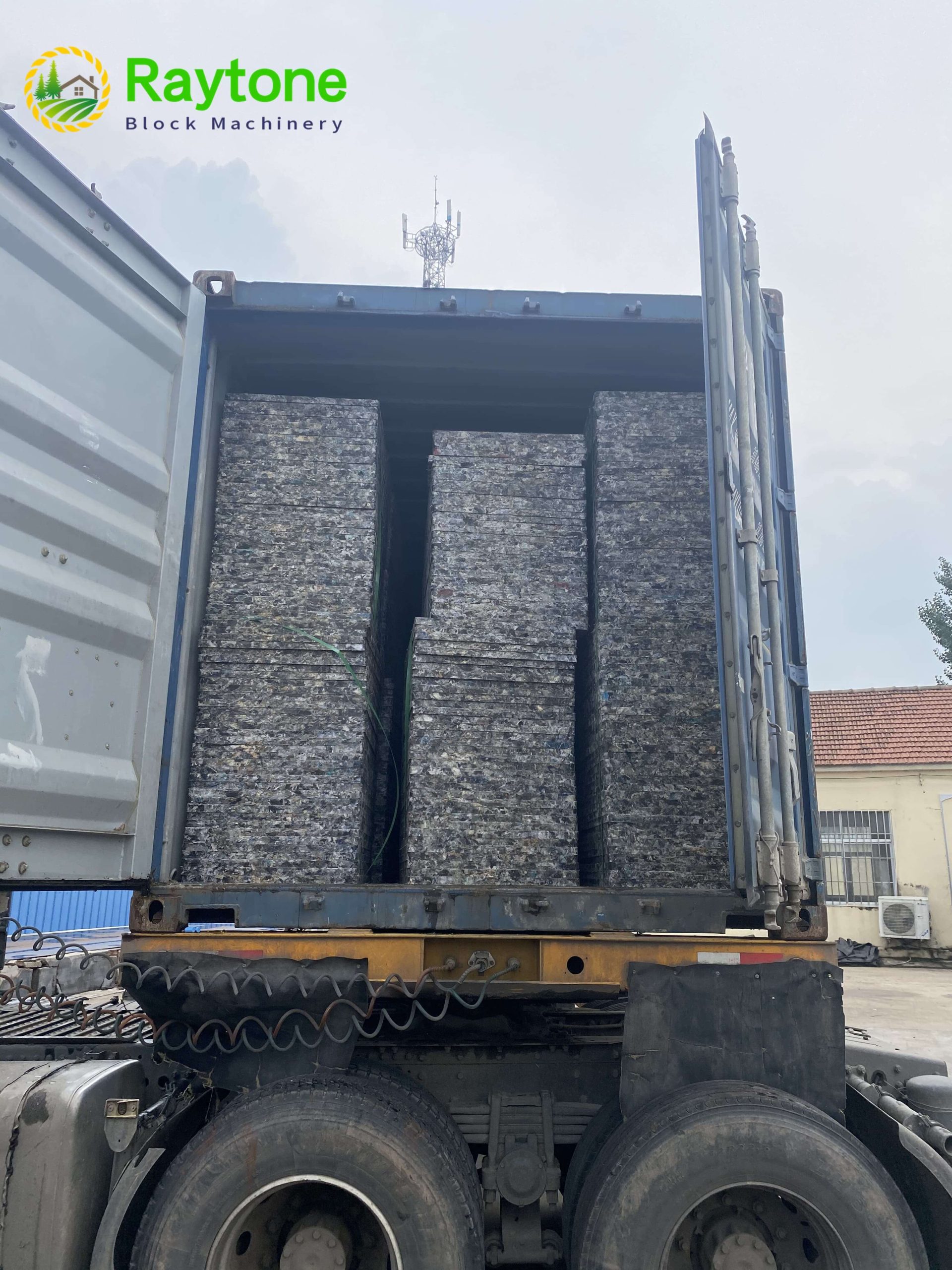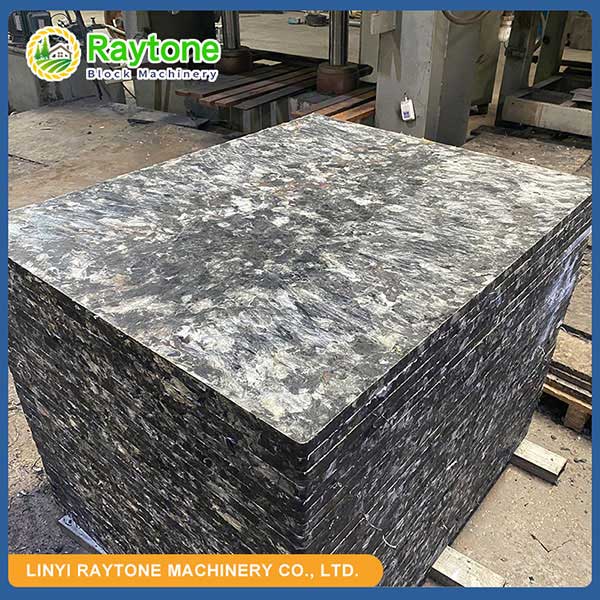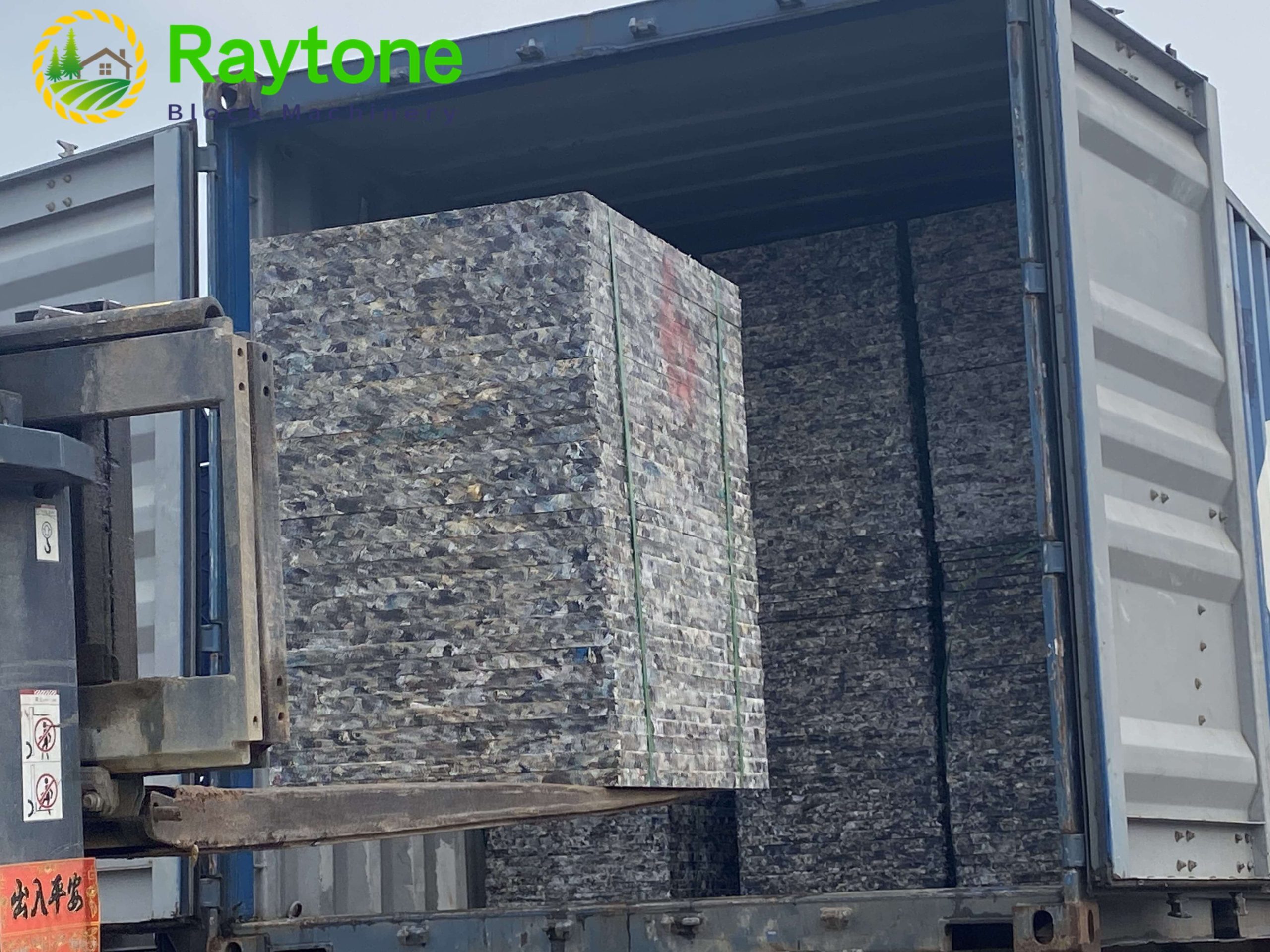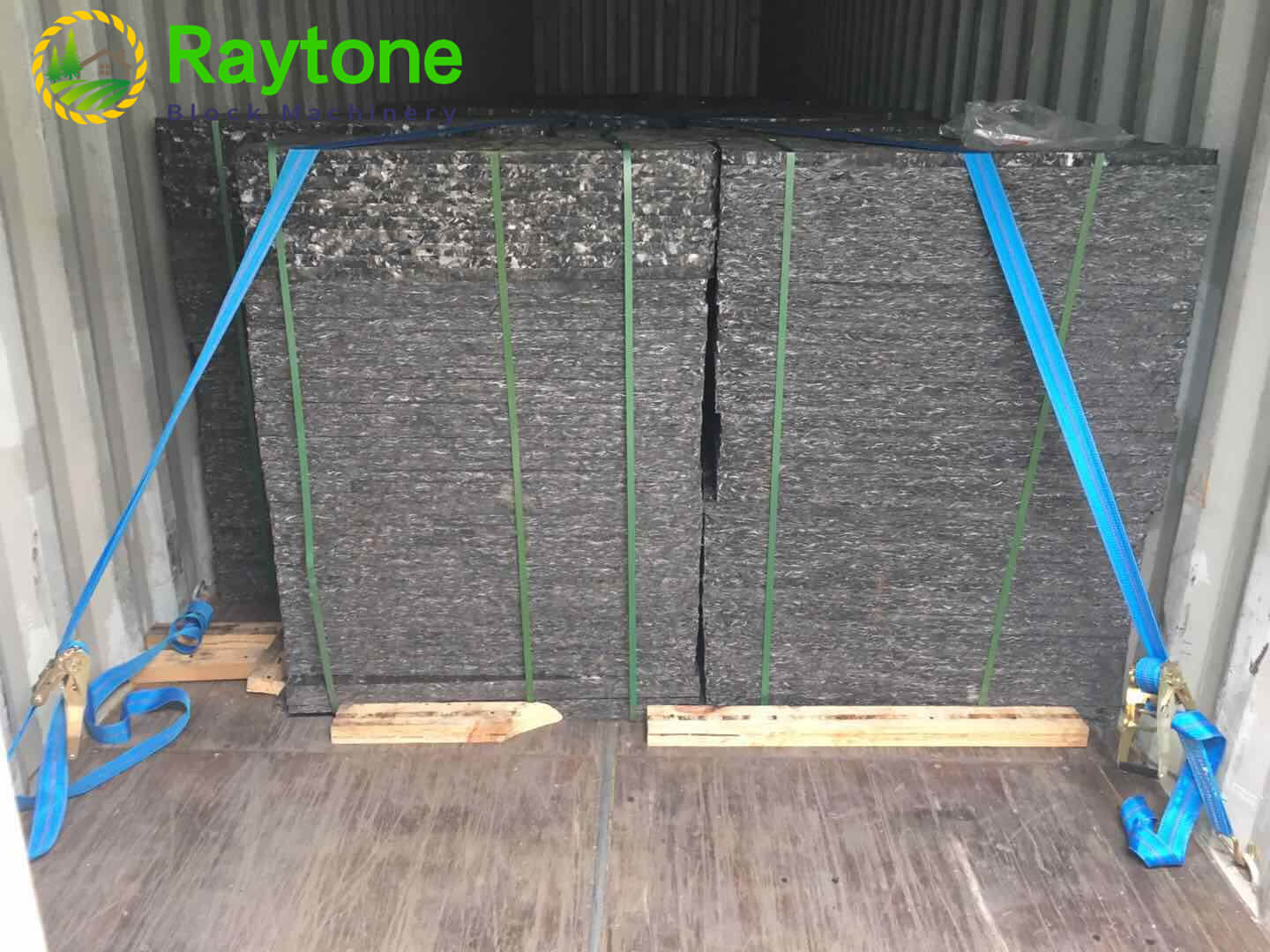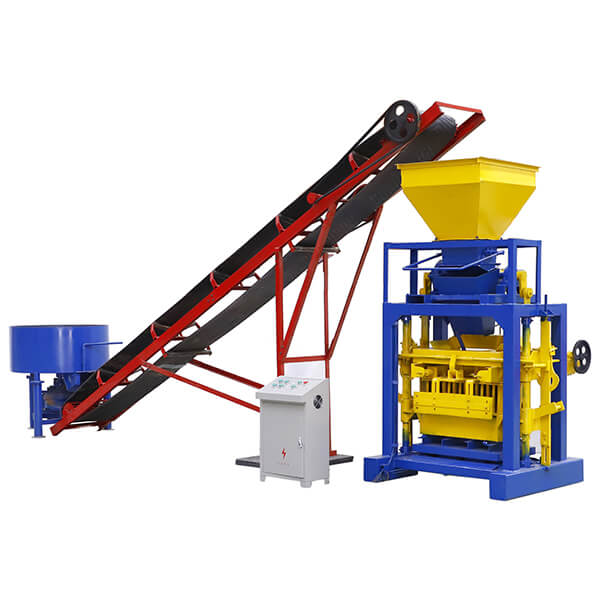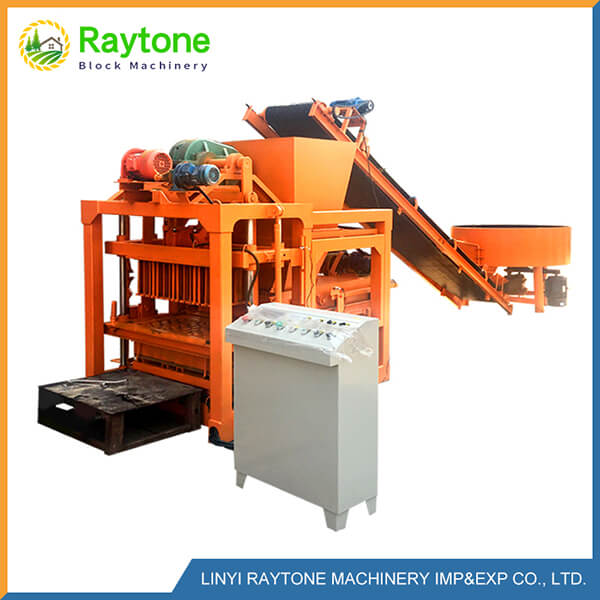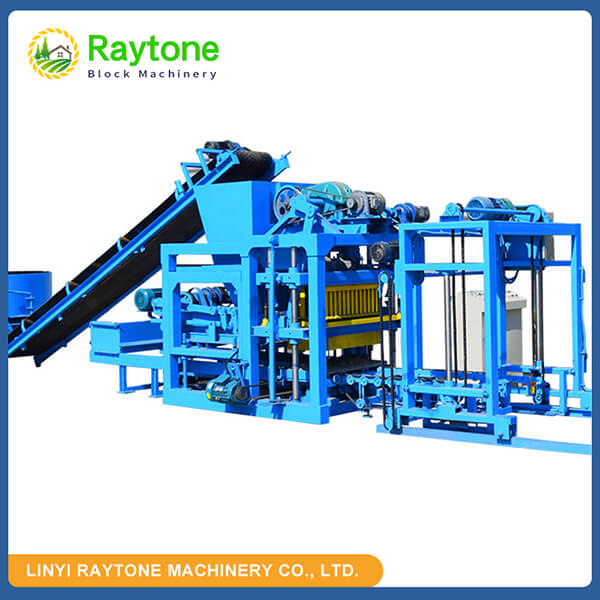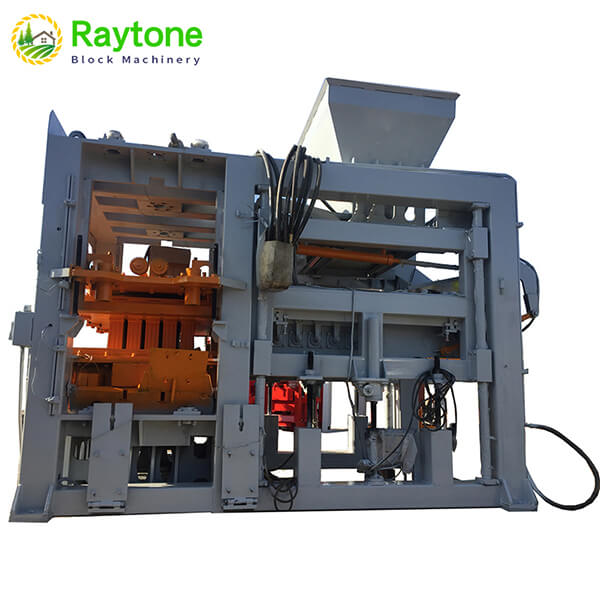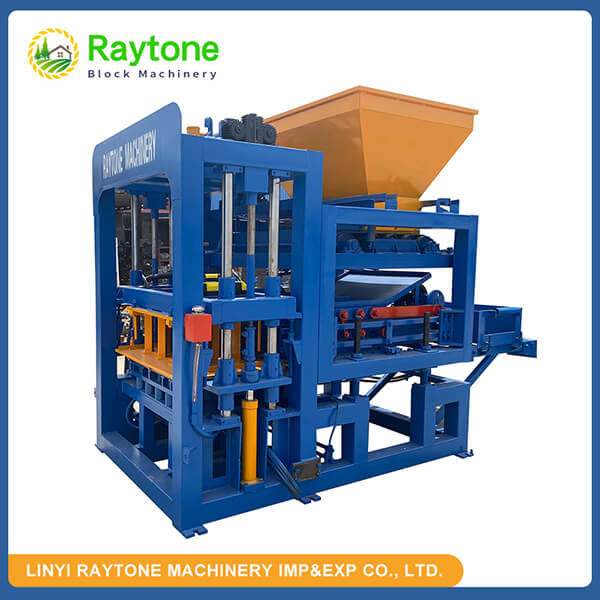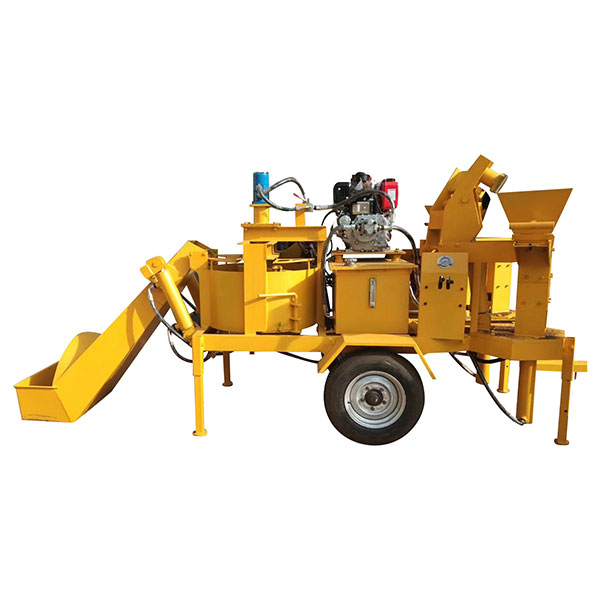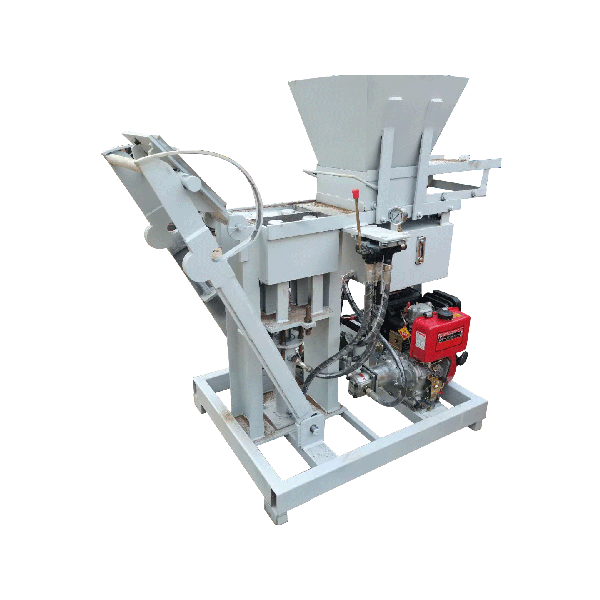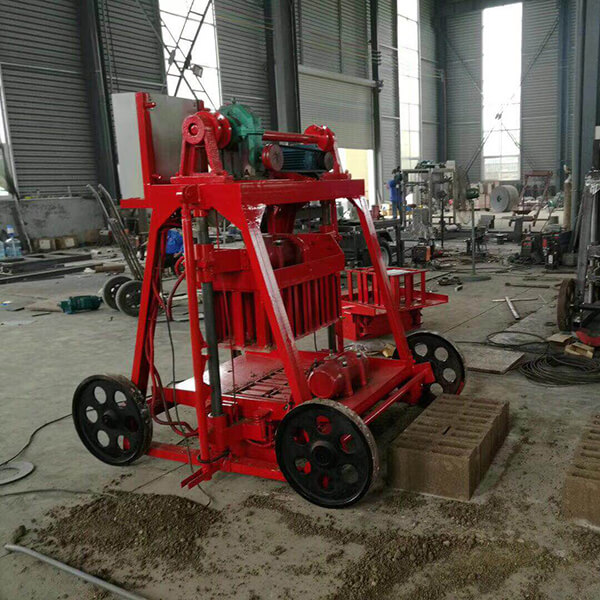Concrete block making machines have emerged as a crucial technology in the pursuit of affordable housing solutions worldwide. These versatile machines enable rapid, cost-effective production of high-quality concrete blocks, serving as the foundation for constructing durable and economical homes. By streamlining the block-making process, these machines significantly reduce construction time and labor costs, making them indispensable tools for large-scale affordable housing initiatives. Their ability to produce consistent, standardized blocks ensures structural integrity while allowing for flexible design options, addressing both the economic and quality aspects of sustainable urban development.
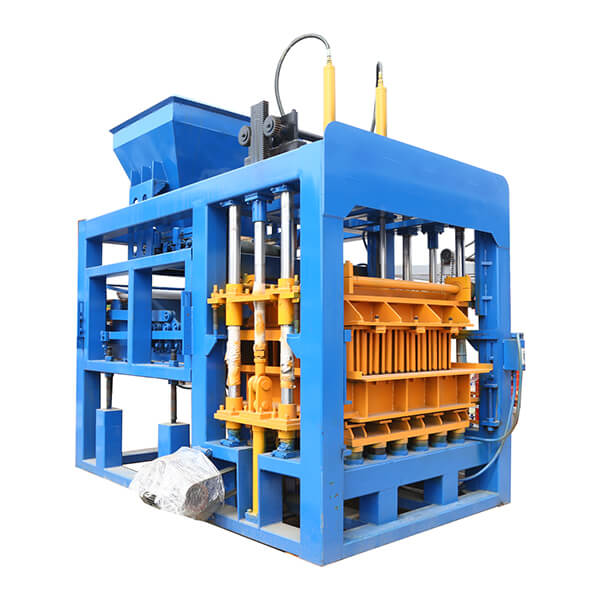
The Role of Concrete Block Making Machines in Affordable Housing
Cost-Effective Construction Solutions
Concrete block making machines play a pivotal role in reducing construction costs for affordable housing projects. By producing blocks on-site, these machines eliminate transportation expenses and minimize material waste. The efficiency of modern block machines allows for rapid production, significantly cutting down on labor hours and overall project timelines. This cost-effectiveness extends beyond initial construction, as concrete blocks offer excellent thermal insulation properties, leading to long-term energy savings for residents.
Enhancing Construction Speed and Efficiency
The speed at which concrete block making machines operate is a game-changer for affordable housing initiatives. High-capacity machines can produce thousands of blocks per day, ensuring a steady supply of building materials. This rapid production capability allows construction teams to work continuously, dramatically reducing project completion times. The consistency in block quality also streamlines the building process, as uniformly sized blocks are easier and quicker to lay, further accelerating construction schedules.
Customization and Versatility in Design
Modern concrete block making machines offer remarkable versatility in block designs and specifications. This flexibility allows architects and planners to create diverse housing solutions tailored to specific cultural, climatic, and aesthetic requirements. From standard solid blocks to interlocking designs and decorative facades, these machines can produce a wide range of block types. This versatility not only enhances the visual appeal of affordable housing projects but also allows for innovative structural designs that maximize space and functionality.
Technical Advancements in Concrete Block Manufacturing
Automation and Precision in Block Production
The latest concrete block making machines incorporate advanced automation technologies, ensuring precision and consistency in block production. Automated systems control every aspect of the manufacturing process, from material mixing to molding and curing. This level of automation not only improves product quality but also reduces the need for skilled labor, making the technology more accessible for various housing projects. Precision in block dimensions and composition leads to stronger, more durable structures, crucial for the longevity of affordable housing units.
Eco-Friendly Manufacturing Processes
Environmental sustainability is a growing concern in construction, and modern block making machines address this through eco-friendly manufacturing processes. Many machines now incorporate features that reduce energy consumption and minimize waste. Some advanced models allow for the use of recycled materials in block production, aligning with circular economy principles. The ability to produce blocks with optimal thermal properties also contributes to the overall energy efficiency of the buildings, reducing their environmental impact over time.
Integration of Smart Technologies
The integration of smart technologies in concrete block making machines is revolutionizing production monitoring and quality control. IoT-enabled sensors and data analytics provide real-time insights into machine performance, material usage, and block quality. This integration allows for predictive maintenance, reducing downtime and ensuring consistent production. Smart technologies also enable remote monitoring and control, making it possible to manage multiple production sites efficiently, a significant advantage for large-scale housing projects.
Economic and Social Impact of Block Machine Technology
Job Creation and Skill Development
The adoption of concrete block making machines in affordable housing projects creates new employment opportunities and fosters skill development. While these machines reduce the need for manual labor in block production, they create demand for operators, technicians, and maintenance personnel. This shift in labor requirements encourages the development of technical skills within local communities, contributing to long-term economic growth. The technology also supports entrepreneurship, as smaller, mobile block making machines enable local businesses to participate in housing projects.
Community Empowerment through Local Production
Concrete block making machines empower communities by enabling local production of construction materials. This localization of manufacturing reduces dependence on external suppliers and keeps economic benefits within the community. In many cases, community-based block production facilities become hubs of economic activity, fostering a sense of ownership and pride in local housing projects. This approach aligns with sustainable development goals, promoting self-reliance and resilience in urban and rural communities alike.
Addressing Housing Deficits in Developing Regions
In developing regions facing significant housing deficits, concrete block making machines offer a scalable solution. The ability to rapidly produce high-quality building materials on-site addresses logistical challenges often encountered in remote or underserved areas. This technology enables the implementation of large-scale housing projects in areas previously considered unfeasible due to material supply constraints. By facilitating the construction of durable, cost-effective homes, these machines play a crucial role in improving living standards and promoting social equity in developing regions.
Conclusion
Concrete block making machines have revolutionized the approach to affordable housing projects, offering a blend of efficiency, cost-effectiveness, and sustainability. Their impact extends beyond mere construction, influencing economic development, environmental sustainability, and community empowerment. As technology continues to advance, these machines will play an increasingly vital role in addressing global housing challenges, paving the way for more inclusive and sustainable urban development.
Contact Us
At Raytone Machinery, we’re committed to providing cutting-edge concrete block making solutions that drive affordable housing initiatives forward. Our range of high-performance, versatile machines is designed to meet the diverse needs of construction projects worldwide. Experience the benefits of our advanced technology, exceptional durability, and unparalleled customer support. For more information on how our concrete block making machines can transform your housing projects, contact us at hazel@raytonechina.com.
References
- Johnson, M. (2022). Innovations in Concrete Block Manufacturing for Sustainable Construction. Journal of Building Materials and Structures, 45(3), 278-295.
- Patel, S., & Ramirez, L. (2021). The Role of Automated Block Production in Addressing Global Housing Shortages. International Journal of Housing Policy, 19(2), 145-162.
- Ahmed, K. (2023). Economic Impact of Localized Construction Material Production in Developing Countries. Development Economics Review, 31(4), 412-430.
- Zhang, Y., & Smith, R. (2022). Advancements in Eco-Friendly Concrete Block Production Technologies. Sustainable Construction Materials, 8(1), 67-84.
- Brown, E. (2021). Community-Based Approaches to Affordable Housing: Case Studies from Urban Africa. Urban Studies Quarterly, 56(2), 189-205.
- Hernandez, J., & Lee, S. (2023). Smart Manufacturing in Construction: IoT Applications in Block Making Machines. Journal of Construction Technology, 42(3), 301-318.


